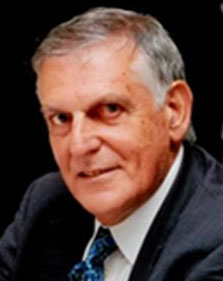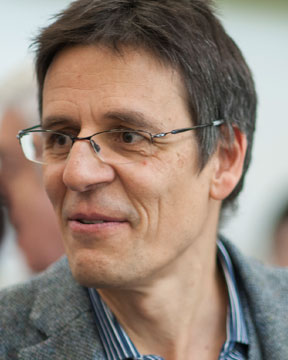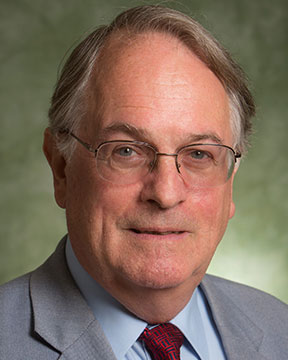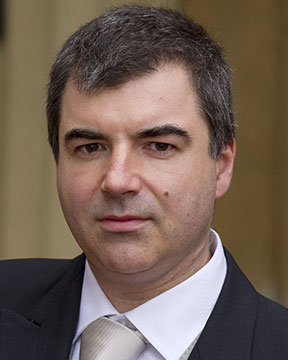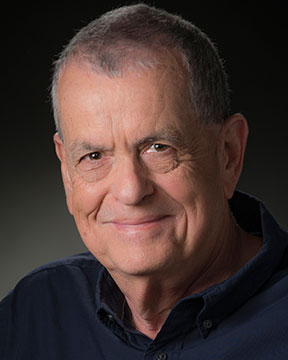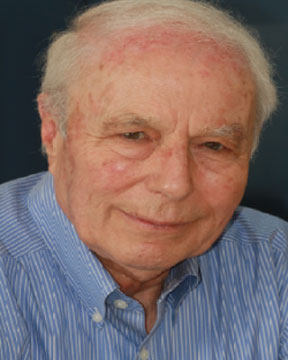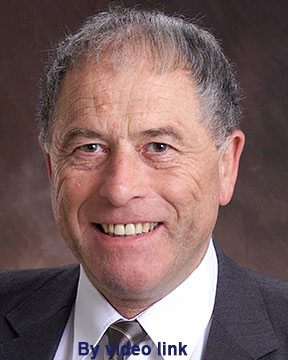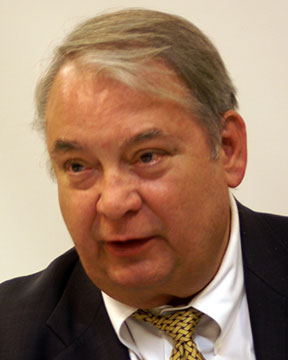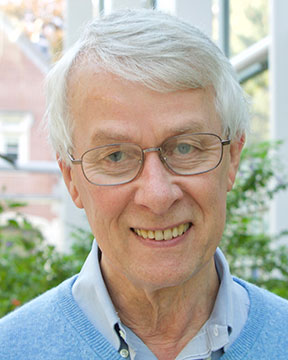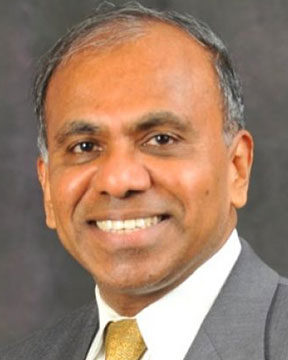SYMPOSIUM and
ROUND TABLE
TOPICS
Sustainable development is achieved when the present needs and challenges are met without placing in jeopardy the ability of future generations to meet their own needs and challenges. The technological progress achieved in the last 60 years has been tremendous and the rate of this technological development is expected to continue increasing. In addition, the world population is increasing exponentially and expected to reach 11 billion by 2050. Because most of our resources are limited, this means that we need to achieve more with less. The global energy demand is expected to increase by more than 100% from now to 2050. This considerable increase is expected to occur in parallel to the increase in population and the considerable pursuits to reach higher living standards in the developing countries. The three main fossil fuels: oil, natural gas and coal may not be always available to meet the global demands, and the current available reserves are expected to be depleted well within the next two centuries. In addition, the continuation of associated fossil fuel emissions will not be environmentally accepted, and there is a need to remediate some of the deleterious effects already sustained by the environment. Energy security has become a major and critical issue as fossil fuels are confined to a few areas in the world and their availability is controlled by political, economic and ecological factors. This means that in short term, considerable energy efficiencies and savings must be achieved and alternative and renewable sources of energy must now be developed, in a potential transition to a future potential effective hydrogen based economy. The cleanliness of hydrogen and the efficiency of fuel cells may offer in long term a very potentially attractive and effective replacement for fossil fuels. It has been demonstrated in several domains that Nuclear energy can be harvested in a safe and secure manner and considerable progress has been recently made towards the achievement of these goals. This Symposium focuses on recent advances in Materials and Technologies that have a potential transformative impact towards achieving and enhancing sustainability in all its appertaining domains such as: Transportation, Industry, Power and Electricity, Defense and Environment. A special focus will be given on recent advances in Transformative Materials and Technologies for Renewable and Alternative Energy and the Environment designed to achieve and enhance sustainability. This includes all types of new and advanced materials and technologies such as powder materials, nanomaterials, multifunctional materials and all materials and technologies with enhanced energy performance. In order to enable some of these technologies, it also encompasses and focuses on advanced energy storage and conversion materials and technologies such as batteries, super capacitors, fuel cells and thermoelectrics. In addition, this symposium focuses on the environment dealing with advanced materials and advanced technologies designed to address water purification (chemical and bio) and environment remediation, including soil and waste remediation.
Some of the major themes covered but not limited to on this symposium are:
- Materials fundamentals and technologies for energy efficiency and savings
- Materials fundamentals and technologies for Renewable and Alternative Energy Sources such as Wind, Solar Photovoltaics and Solar Thermal, Biomass, Waves, Tides, Hydroelectric and Geothermal.
- Smart materials systems fundamentals and structures for energy harvesting
- Fundamentals and practice of Advanced Materials Processing
- Energy storage and conversion materials fundamentals and technologies such as batteries, super capacitors, fuel cells and thermoelectrics.
- Materials fundamentals and technologies for hydrogen production, storage and use
- Advanced materials fundamentals and technologies for the safe and secure use of Nuclear Energy.
- Advanced materials fundamentals and advanced technologies for water purification (chemical and bio) and environment remediation, including soil and waste remediation.
- Lightweight materials and Transportation Materials
- Smart ultralight-weight materials and structures for mobile platforms
- Transformative materials for Defense Applications
- Energetic materials fundamentals and their applications
- Dynamic behavior of materials
- Advanced materials fundamentals and advanced technologies for water purification (chemical and bio) and environment remediation, including soil and waste remediation.
- Multifunctional materials
- Functional and hybrid nanomaterials, nanocomposites and their applications
- Mimicking of nature bio-materials and bio-structures
- Shape memory effect materials, systems and structures
- Innovative applications of multifunctional materials, systems and structures
- Nano, Nanostructure and nano-hybrid materials
- Fundamentals and design of interfaces and interface phases
- Fundamentals and applications of nanomaterials, nanoscience and nanotechnology in bioengineering and medicine
- Fundamentals and Applications of Nanotechnology in Immunology
- Industrial Catalysis
- Optimization of Chemical Processes
- Design of Experimental Methods (Mathematical optimization)
ROUND TABLE DISCUSSIONS
A round table, open to all interested, will be organized at a specific date and time during the symposium. This will facilitate an open discussion and free debate between high level representatives of various industries, technologies, and academia, on all topics of this symposium and identify positive and efficient pathways towards sustainability in the industrial practice, technologies, and research.
You are cordially invited to actively participate in this symposium by submitting and presenting a paper or by simply attending the round table. We look forward to meeting you at Coral Beach Resort, Paphos, Cyprus from 23-27 October 2019.


